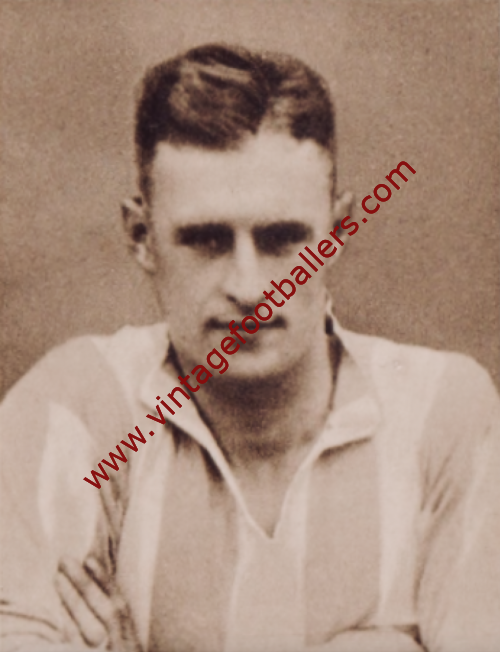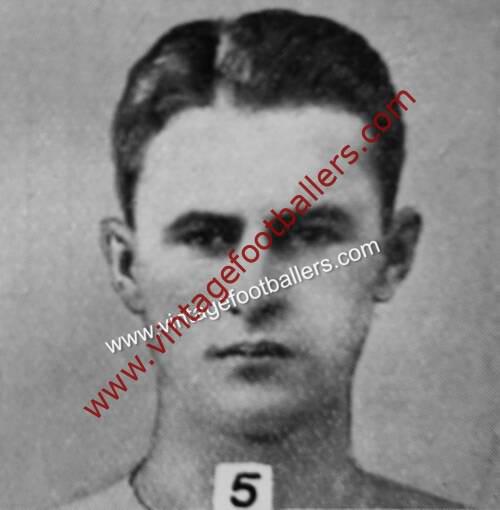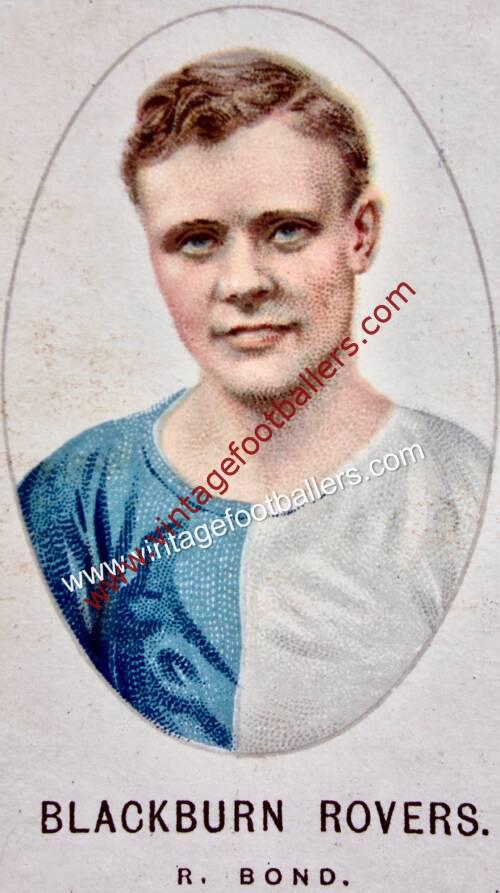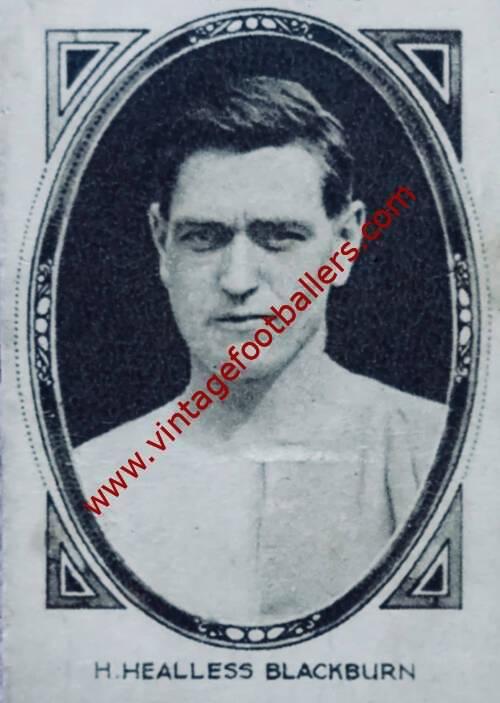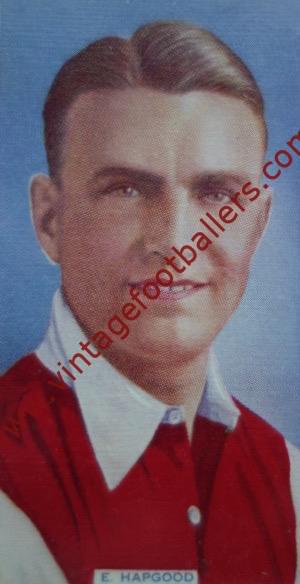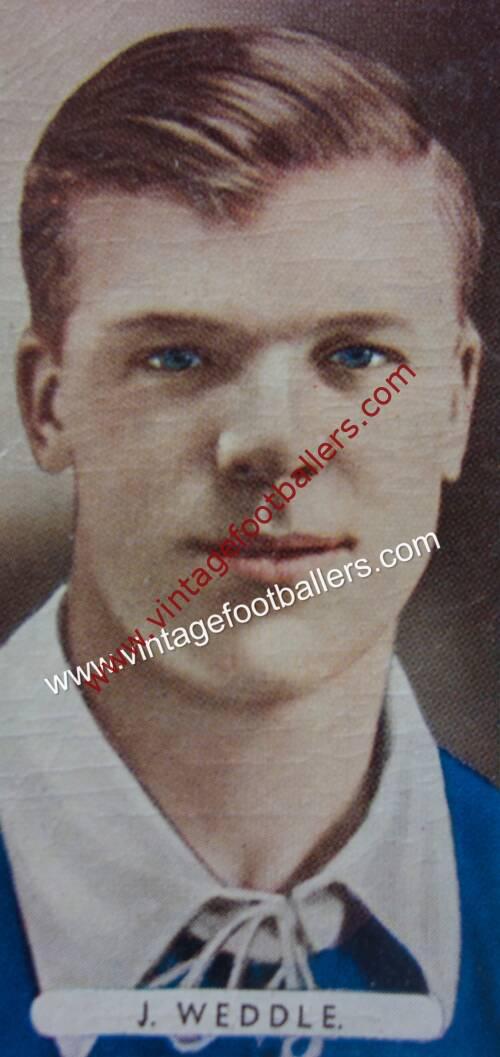Please choose your photo size from the drop down menu below.
If you wish your photo to be framed please select Yes.
Note: 16″x 20″not available in a frame.
Images can also be added to accessories. To order please follow these links
£8.95 – £49.95
Please choose your photo size from the drop down menu below.
If you wish your photo to be framed please select Yes.
Note: 16″x 20″not available in a frame.
Images can also be added to accessories. To order please follow these links
Paulton, Somerset born centre forward Clarrie Bourton began his football career with Paulton United in 1925 before being signed by Second Division Bristol City in 1927, making his Football League debut at Stoke City in April 1928. He scored once in a defeat at Manchester City in 4 appearances in April, but that summer he was transferred to FA Cup holders Blackburn Rovers. Bourton scored on his top flight debut in a 1-1 draw at home to Bury in November. and again in a defeat to Aston Villa a week later, before scoring all four in a 4-1 win against Manchester United at Old Trafford at the start of December, and finished the season with 15 goals in 34 matches as the club finished seventh in the First Division, which was their best since the First World War.
He lost his place in the team to Les Bruton at the start of the following campaign, however he returned on Christmas Day 1929 to score in a 5-3 win against Sunderland and finished the season with 23 goals in 26 games, including another 4 in a 7-5 win against Sheffield United at Bramall Lane as Rovers finished sixth in the League, with Bourton Blackburn’s top goalscorer over the season by a distance. In what proved his last season at Ewood Park, he was less effective, scoring 4 goals in 12 matches.
Harry Storer was appointed Coventry City manager in April 1931 and, having spotted him while Storer played for Burnley, Bourton joined the club ahead of the 1931-32 season, and at Highfield Road Bourton really lit the blue touch paper. He finished as the Football League’s top goalscorer that season, having found the net 49 times in the Third Division (South), including seven hat-tricks including 5 goals against Bournemouth & Boscombe Athletic in October 1931, 4 against Mansfield Town in November, scoring hat-tricks in the return match in April 1932 as well as against Clapton Orient, Reading, Crystal Palace and Watford, and took his total to 50 for the season with an FA Cup goal against Clapton Orient.
He scored 43 goals the following season, including 40 in the League, with a further hat-trick in a win over Bristol City just after Christmas 1932 and continued to score heavily for a further three seasons. His 26 goals in 1933-34 helped Coventry finish third in the League, with trebles against Swindon Town and Torquay United followed by 4 goals against Bristol City in April 1934 as Coventry finsihed runners up in 1933-34, narrowly missing out on promotion.
Bourton then scored 34 times in 1934-35 as Coventry again challenged for promotion, finishing third in the League, but Bourton finally received honours in 1936 when Coventry were promoted to the Second Division as Third Division (South) Champions, Bourton scoring 27 goals in the campaign including trebles against Newport County and Crystal Palace. During his second campaign with Coventry in the Second Division, he was transferred to Second Division rivals Plymouth Argyle in October 1937 after six seasons with Coventry having scored 189 goals in 250 appearances. He is Coventry City’s all-time leading goalscorer and is in the Coventry City Hall of Fame.
His time with The Pilgrims was brief. Bourton scored 3 goals in 9 appearances and then returned to Bristol City in January 1938. He was appointed as the club’s captain and played at inside right. In October 1938 he filled in for Bob Hewison as Bristol City’s manager. Hewison was accused of making illegal payments to amateur players and was suspended until the end of the season after an inquiry by the Football Association and the Football League. Bourton was manager for seven months and City finished eighth in Third Division (South) before Hewison returned in May 1939. He scored 15 goals in 60 appearances before outbreak of the Second World War in September 1939 brought his career to a premature end. He continued to work for the club after his retirement from playing and was employed in the pools office until shortly before his death in 1981.
| Weight | N/A |
|---|
